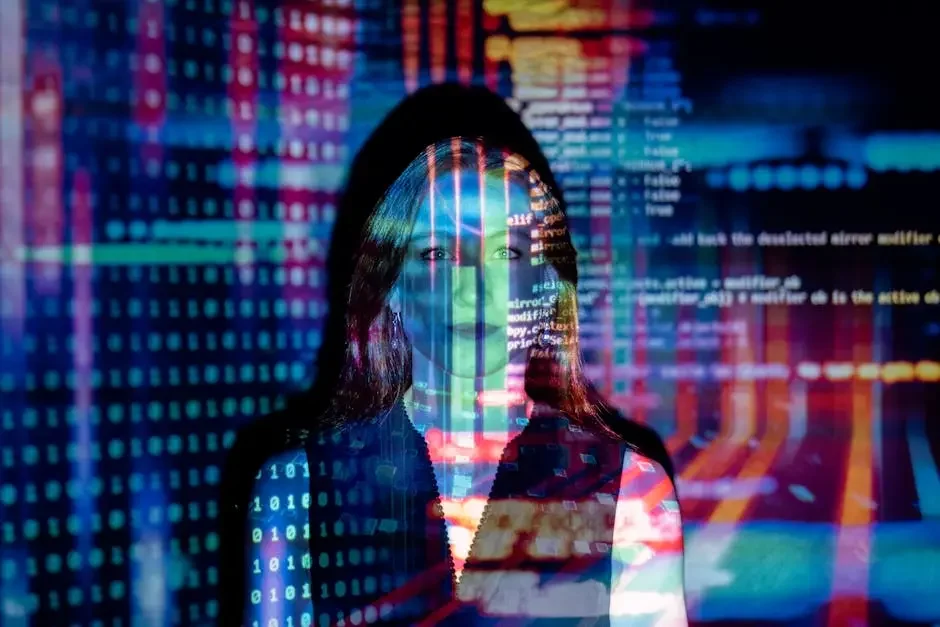How Can Digital Evidence Recovery Help My Legal Case in California?
In today’s digital age, evidence is no longer just paperwork or physical objects but includes various digital formats. Whether you’re dealing with emails, text messages, or phone records, digital evidence recovery can play a crucial role in strengthening your legal case in California. With the right approach, this modern method of evidence gathering can significantly impact the outcome of legal scenarios.
Understanding Digital Evidence
Digital evidence encompasses a range of electronic information that can be collected and analyzed to support your legal claims. This includes data from emails, social media, databases, and much more. In today's connected world, nearly all interactions leave a digital footprint, creating a trail that can be pivotal in legal investigations.
With technologies such as cloud storage and constant digital communication, the scope of digital evidence has expanded enormously. This makes understanding and leveraging digital evidence crucial for a comprehensive analysis of any legal case.
Moreover, digital evidence is not only confined to traditional computing devices. It can also be extracted from modern gadgets such as smart watches, IoT devices, and even some household appliances, broadening the evidence pool exponentially.
Why Digital Evidence Is Important in Legal Cases
With the increasing reliance on technology, digital evidence often reveals crucial details that traditional evidence does not. It provides a comprehensive view of communications and transactions, helping to build a stronger case. In criminal investigations, for example, digital communication records can reveal networks of relationships, motives, or important timelines.
Digital evidence also offers a more reliable form of data due to its objective nature. Unlike witness testimonies, which can be unreliable or biased, digital data remains consistent and unaltered unless tampered with, providing a dependable foundation for legal claims.
Additionally, digital evidence can support alibis or contradict false accusations. This can be particularly impactful in cases where physical presence is disputed, as location data from phones and other devices can substantiate a person's whereabouts during critical times.
California Laws on Digital Evidence
In California, legal frameworks support the use of digital evidence. Understanding state-specific regulations is essential to ensure that your digital evidence is admissible in court. The California Electronic Communications Privacy Act provides guidelines on how digital evidence should be handled and protected to maintain its integrity.
Furthermore, California law mandates strict protocols for the collection and use of digital evidence, ensuring that it's gathered without violating privacy rights. This adherence to privacy underscores the importance of consulting legal experts familiar with both state and federal regulations.
How Digital Evidence Recovery Works
The process involves identifying, preserving, and analyzing digital data to retrieve information pertinent to your case. Experts in digital forensics utilize specialized tools and techniques to extract this valuable information from devices in a controlled setting, ensuring the integrity and authenticity of the evidence.
Once the data is recovered, digital forensic experts perform in-depth analyses, which may include recovering deleted files, decrypting data, or cross-referencing multiple data sources to piece together a coherent narrative. Such meticulous analysis helps in creating a robust set of evidence that can decisively tilt a legal case in your favor.
Collaboration with these experts not only aids in data recovery but also ensures that the evidence is presented in a format that is comprehensible and persuasive during court proceedings.
Steps to Take for Effective Digital Evidence Recovery
Start by ensuring devices are not tampered with, then consult with a digital forensic expert. Documentation and chain of custody are critical to maintaining the integrity of the evidence. This involves meticulous logging of every step taken from data extraction to presentation, ensuring all actions are traceable.
Securing your digital evidence begins with safeguarding the devices and accounts in question; changing passwords, securing physical devices, and avoiding actions that could modify the data. Taking these precautions improves the chances of a successful recovery.
It's also crucial to act quickly. Digital footprints may be altered or deleted over time, and prompt action ensures the highest likelihood of capturing vital evidence.
Choosing the Right Digital Forensics Expert in California
Selecting a qualified professional can make a significant difference. Look for certified experts with experience in similar cases to ensure that your digital evidence is correctly handled and interpreted. Certification from reputable professional bodies can be a strong indicator of an expert’s capability.
Expertise in digital forensics goes beyond technical knowledge. The ideal professional should have a deep understanding of legal procedures and how digital evidence should be presented in court to ensure maximum impact.
Reputation and reviews from previous cases can help in making an informed decision. By choosing the right expert, you enhance the likelihood of gathering powerful digital evidence that will support your legal battle effectively.
Unlock the Power of Digital Evidence
Digital evidence recovery has transformed the way legal cases are handled in California. By leveraging technology, you can uncover crucial information that may be missed through traditional methods. Whether you are gathering evidence or simply organizing what’s already available, understanding these digital processes can give you an edge in your legal pursuits.

